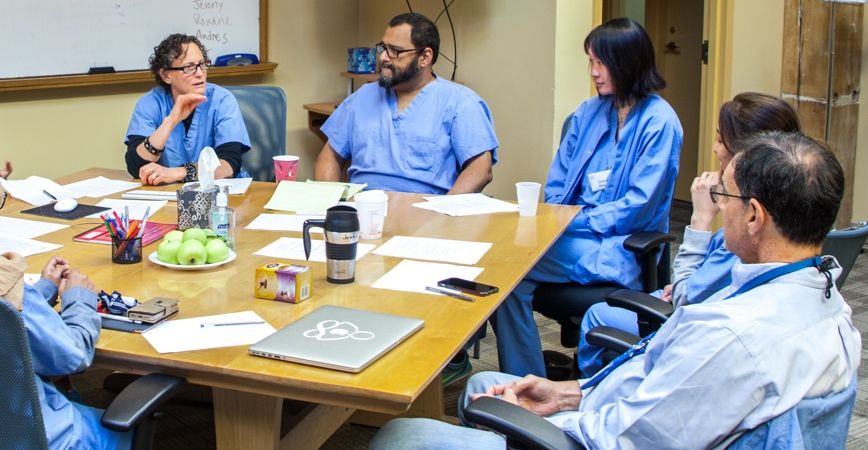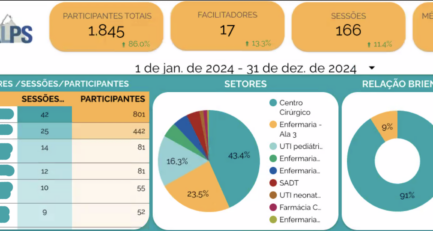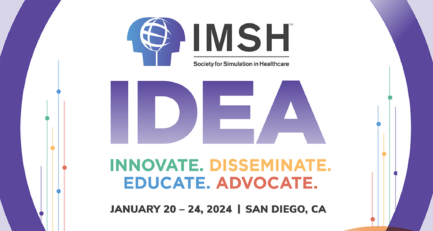
Effective feedback conversations are an essential part of building a successful simulation program and supporting educators to do their best work. Jenny Rudolph, PhD, FSSH, Executive Director of the Center for Medical Simulation, suggests four ways to improve your simulation staff development and assessment.
1. Identify an evaluation tool that fits your needs
Whether you use Kim Leighton et al’s excellent Simulation Effectiveness Tool, our Debriefing Assessment for Simulation in Healthcare DASH © tool, or another rating system, having a guide for evaluating performance is essential for measuring success. These scales also provide a “shared mental model” and a standard that can be used across your program.
2. Have staff use self assessment
One thing we have found in helping centers around the world develop peer feedback models is that self assessment is often a good way to start. It is less confronting than peer or expert feedback and allows colleagues to start “imbibing” the standards and ideas of whichever evaluation tool you use (e.g. the DASH has a self-assessment version called the DASH Instructor version).
3. Create an environment of mutual support and openness to feedback
Creating a context where everyone invites and is open to feedback, is more likely to create a context for deliberate practice and excellence. Having novices, intermediates and experts seek feedback conveys that deliberate practice is something that can help everyone get better . As an example, I am trying to learn how to use Walter Eppich, Adam Cheng, Komal Bajaj and colleagues’ new “look up, look down” PEARLs script recently published in Academic Medicine. I asked my colleagues Mary Fey and Demian Szyld to observe me giving it a go. Their feedback: I still had a way to go in using this new-to-me technique! They gave me very specific about how I could do a better job with conducting a short, interesting and useful plus/delta section of the debriefing. Since we have built up trust by frequently giving each other feedback, this was really helpful.
4. Utilize peer feedback
Having advanced, intermediate and beginning faculty provide feedback for each other, normalizes feedback and helps develop a “community of practice” that can help each other improve.
Debrief2Learn has a nice summary of peer coaching, our DASH Training Webinar teaches participants how precise, caring yet challenging feedback can improve both the feedback leader and faculty candidate’s skills.
About Jenny Rudolph, PhD, FSSH
In addition to her role as Executive Director of the Center for Medical Simulation, Dr. Rudolph is an Assistant Clinical Professor of Anesthesia at Harvard Medical School and a faculty member in the Department of Anesthesia, Critical Care and Pain Medicine, at Massachusetts General Hospital. Drawing on a doctorate from Boston College in organizational studies, ten years of research in high hazard industries and her experience as a rock climber and world-class rower, Dr. Rudolph has unique expertise in how cognition, emotion and communication interact in high-stakes healthcare situations.

